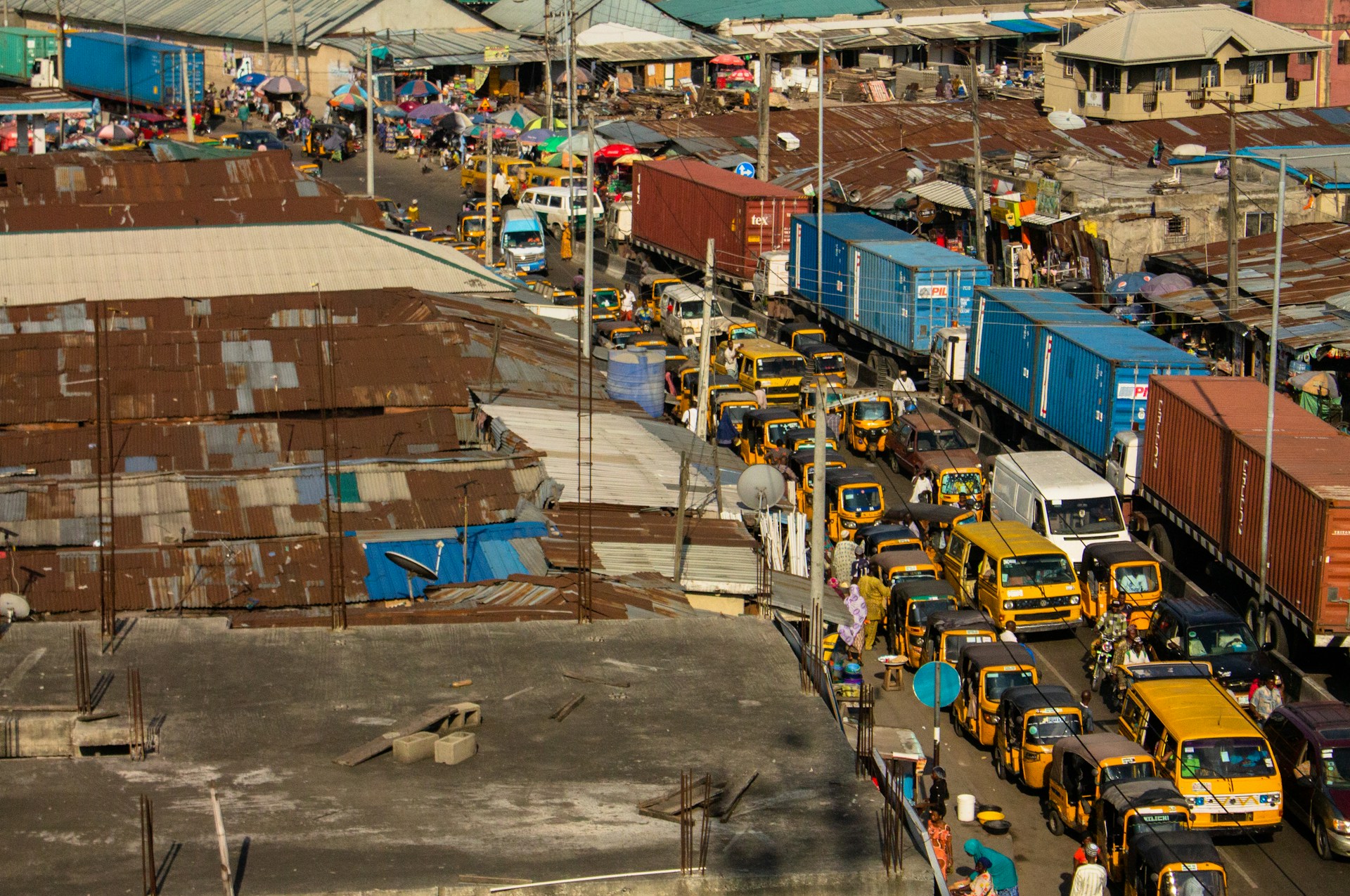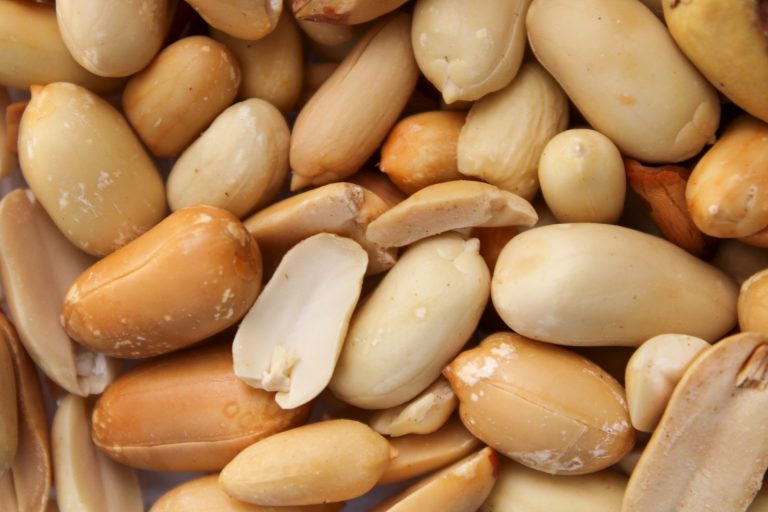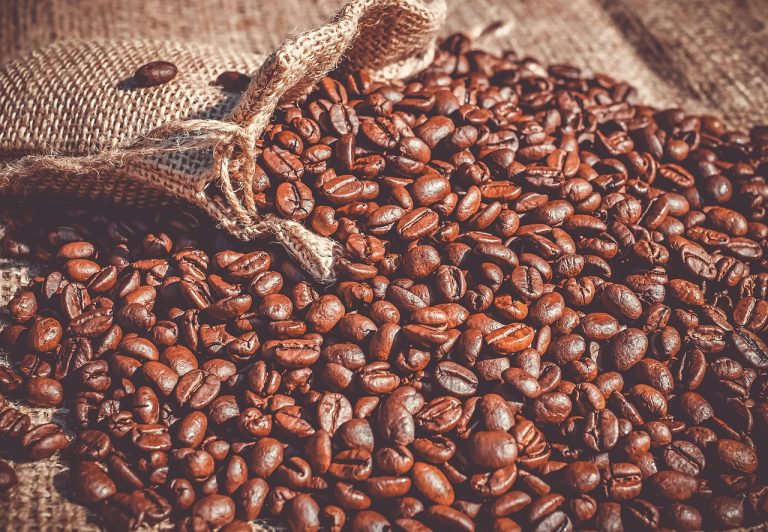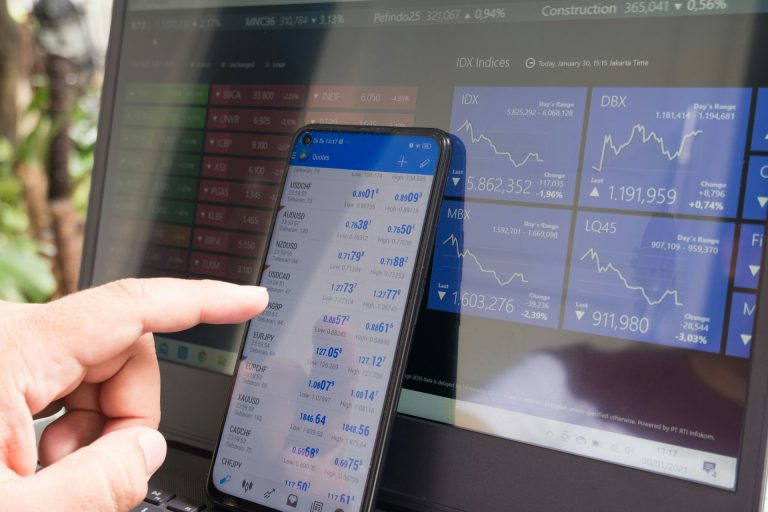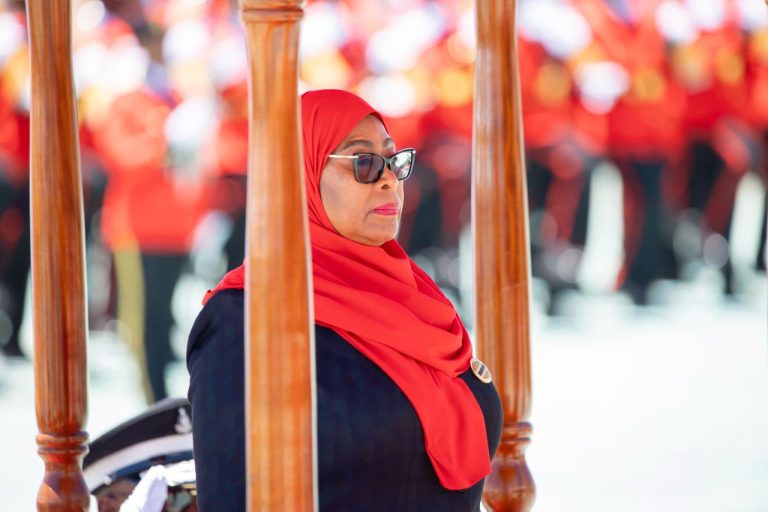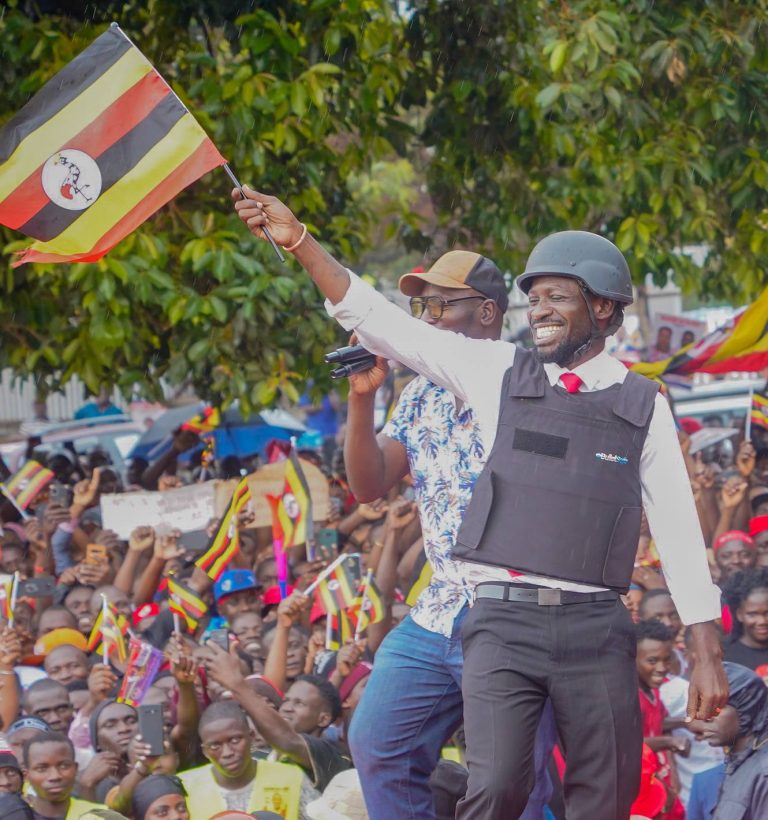- Nigeria’s annual inflation slows to 18.02%, the sixth monthly decline
- Central Bank expected to consider further rate cuts in November
ABUJA, NIGERIA – Nigeria’s annual inflation eased for a sixth consecutive month in September to 18.02% from 20.12% in August, signalling continued relief from last year’s record surge.
The National Bureau of Statistics (NBS) said on Wednesday that month-on-month headline inflation stood at 0.72%, while food inflation dipped by 1.57 percentage points to 16.87%. Core inflation, which excludes volatile food and energy prices, also slowed to 19.53% from 20.33% the previous month.
The moderation in prices has raised expectations that the Central Bank of Nigeria (CBN) may cut interest rates further when its Monetary Policy Committee meets in November. In September, the CBN lowered its benchmark interest rate by 50 basis points to 27% – the first reduction in five years – citing easing price pressures.
Persistent food inflation remains a risk
Despite the positive trend, policymakers remain wary of stubbornly high food prices. Central Bank Governor Olayemi Cardoso has repeatedly warned that insecurity in key farming regions continues to disrupt food supply chains. Ongoing clashes between herders and farmers in central Nigeria, compounded by jihadist violence in the northeast and northwest, have limited agricultural output and kept food prices elevated.
Inflation in Nigeria peaked at 34.6% last year following President Bola Tinubu’s sweeping economic reforms, which included scrapping fuel subsidies and sharply devaluing the naira. Those measures, while intended to stabilise public finances, triggered a spike in transport and commodity costs before recent declines began to ease the pressure.
The central bank initially held off on cutting rates, citing global uncertainties including U.S. tariff disputes and broader geopolitical tensions. However, with inflation trending downward and the naira firming below the government’s budget target of ₦1,500 to the dollar, analysts say conditions may now favour additional monetary easing.
Fuel prices have also stabilised in recent weeks, despite a brief spike during a late-September oil workers’ strike. The gradual decline in pump prices has helped slow headline inflation, easing some of the strain on households and businesses.
President Tinubu had targeted an inflation rate of 15% by the end of 2025 when he presented his budget proposals to lawmakers last December. The latest figures suggest that goal could be within reach if the current pace of deceleration continues.
The International Monetary Fund (IMF) projects that Nigeria’s inflation will keep falling, averaging 23% in 2025 before reaching 18% by 2026, while the country’s growth outlook has been revised up to 4.2% from 3.9%.
